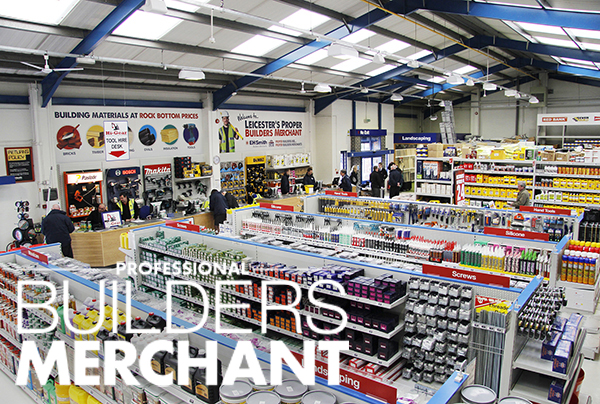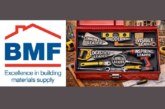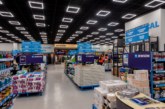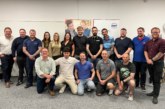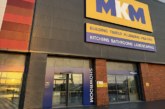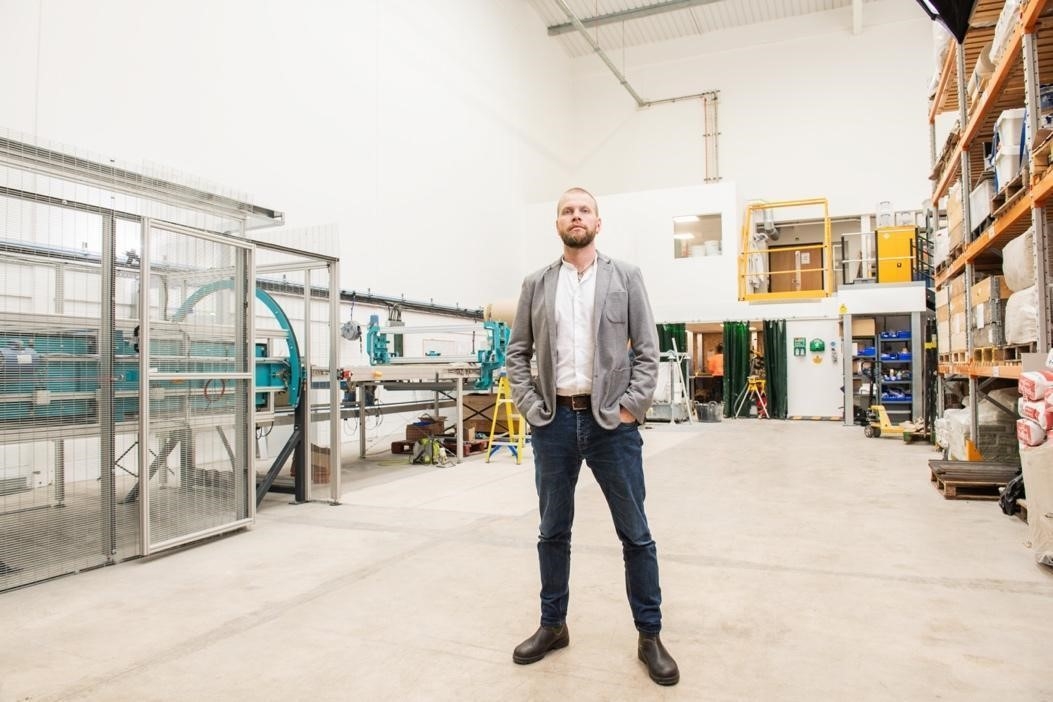
Bristol-based Adaptavate has announced the production of what is reportedly the world’s first carbon-negative technology to produce plasterboards.
Adaptavate says it is answering the urgent call to decarbonise construction, by developing the carbon-negative technologies and products needed, and the industrial ecosystem to deploy them fast, anywhere in the world. Following the launch last year of its Breathaplasta family of products and an additional round of investment funding, the business is now able to scale up the production of its Breathaboard breathable plasterboard.
The company states that the leap from producing low-carbon construction materials to now providing an additional carbon-negative product comes through the incorporation of char – produced by the pyrolysis of ligno-cellulosic materials. This locks the CO2 sequestered by plants into a stable state, and subsequently into the board, preventing it from being released through decay.
Incorporating char makes the current technology to produce Breathaboard genuine permanent carbon-storage, as an alternative to plasterboard which absorbs and stores more carbon than it produces. The company states that this latest development could take approximately 1kg of CO2 out of the atmosphere for every m2 of plasterboard produced and, importantly, this has been quantified by the manufacturer’s independent, industry verified carbon calculation tool to the latest EN 15804+A2 standard.
“As a former builder, the potential impact of putting carbon storing building materials in the hands of every builder, architect and developer around the world as a drop-in solution is massive in our global endeavour to decarbonise construction.”
Tom Robinson, founder and CEO at Adaptavate.
Adaptavate’s innovative technology allows for CO2 savings through both its product formulation and manufacturing methods. The company repurposes ligno-cellulosic wastes, combining them with minerals and a small amount of water to create a flat board material. Unlike conventional board production, the firms says this process requires no natural gas and can absorb low concentration CO2 in the curing process, which can be sourced from industrial emissions during the curing stage.
Tom Robinson, founder and CEO at Adaptavate, said: “Our new carbon-negative and carbon-storing technology marks a significant milestone and step forward not only for Adaptavate, a business I founded a decade ago, but also for the global construction industry as a whole. Plasterboard is one of the most heavily used construction materials after cement and steel in an industry that produces around 40% of the world’s carbon emissions.
“As a former builder, the potential impact of putting carbon storing building materials in the hands of every builder, architect and developer around the world as a drop-in solution is massive in our global endeavour to decarbonise construction. This announcement demonstrates with a real-world example of how we can do this and have a successful business on a global scale.”
The development of this new climate-positive technology and the pilot line for the board’s production has been made possible by UK Government grants (Innovate UK), and investment from a group of climate-focused businesses dedicated to accelerating carbon removal within the construction industry, including Counteract, Perivoli Innovations, Low Carbon Innovation Fund 2 (LCIF2), and SEMIN Group.
Jeff Ive, CTO at Adaptavate, continued: “The production of full-sized permanently carbon-storing plasterboard is a major step forward for Adaptavate and the scale up of our regenerative material solutions. We have brought together a systemic solution for carbon dioxide removal that is required on a global scale, and matched it with a product that is used on a similar scale.
“With our licencing business model, we aim to deliver these systemic innovations at a rate that the planet needs them. The innovation’s development is thanks to the expert international team we have at our Bristol headquarters. With their knowledge, skills and dedication we have produced a game changing carbon-storing product with a comparable performance to the incumbent.”
Jeff added: “The past few years of innovation in this space have been exciting for us, and we can see that this core technology has some important attributes that could be well used in a diverse product portfolio.”
Main image (top): Adaptavate founder and CEO Tom Robinson stands in front of the new pilot line for low-carbon and carbon-negative plasterboard at the company’s headquarters in Bristol, UK.


